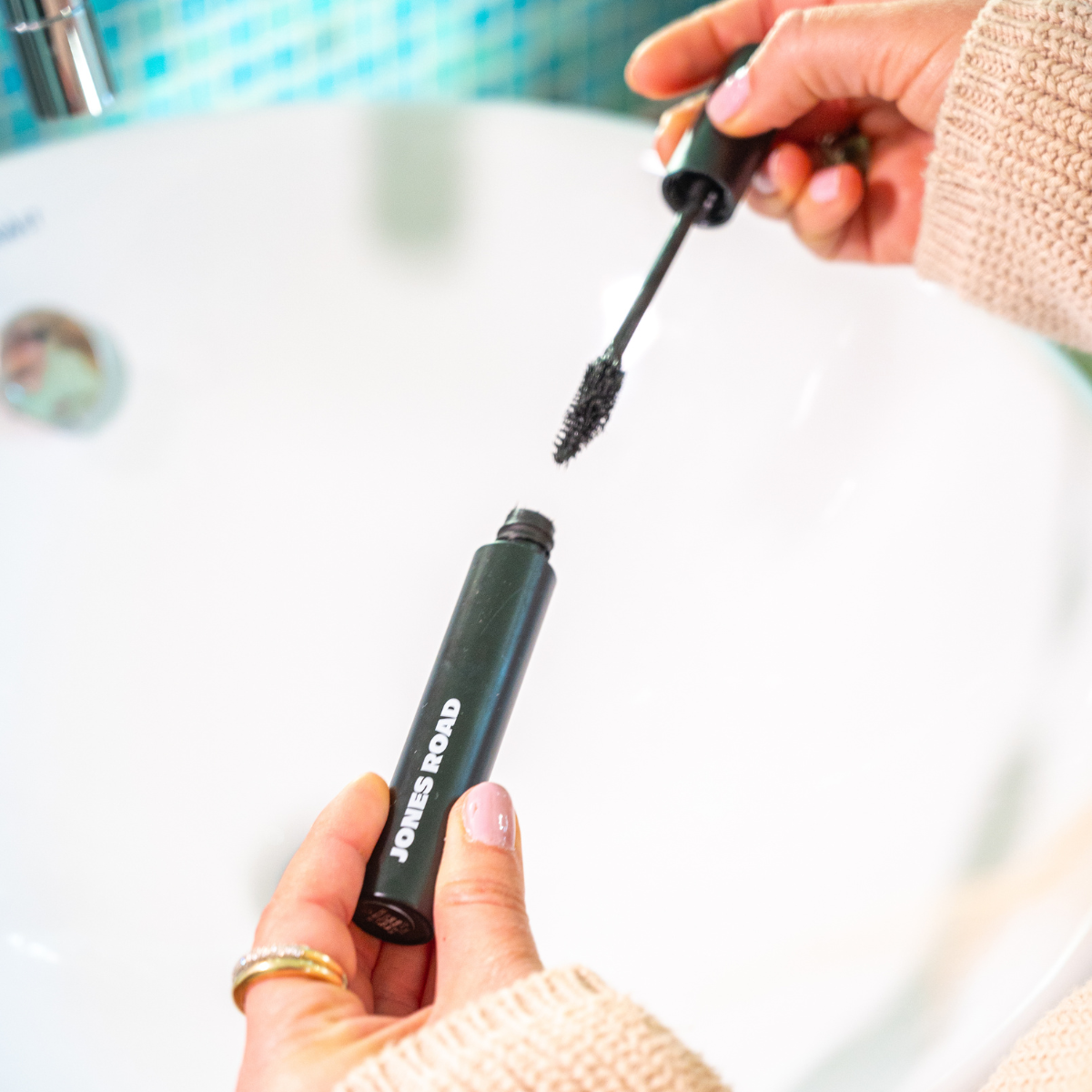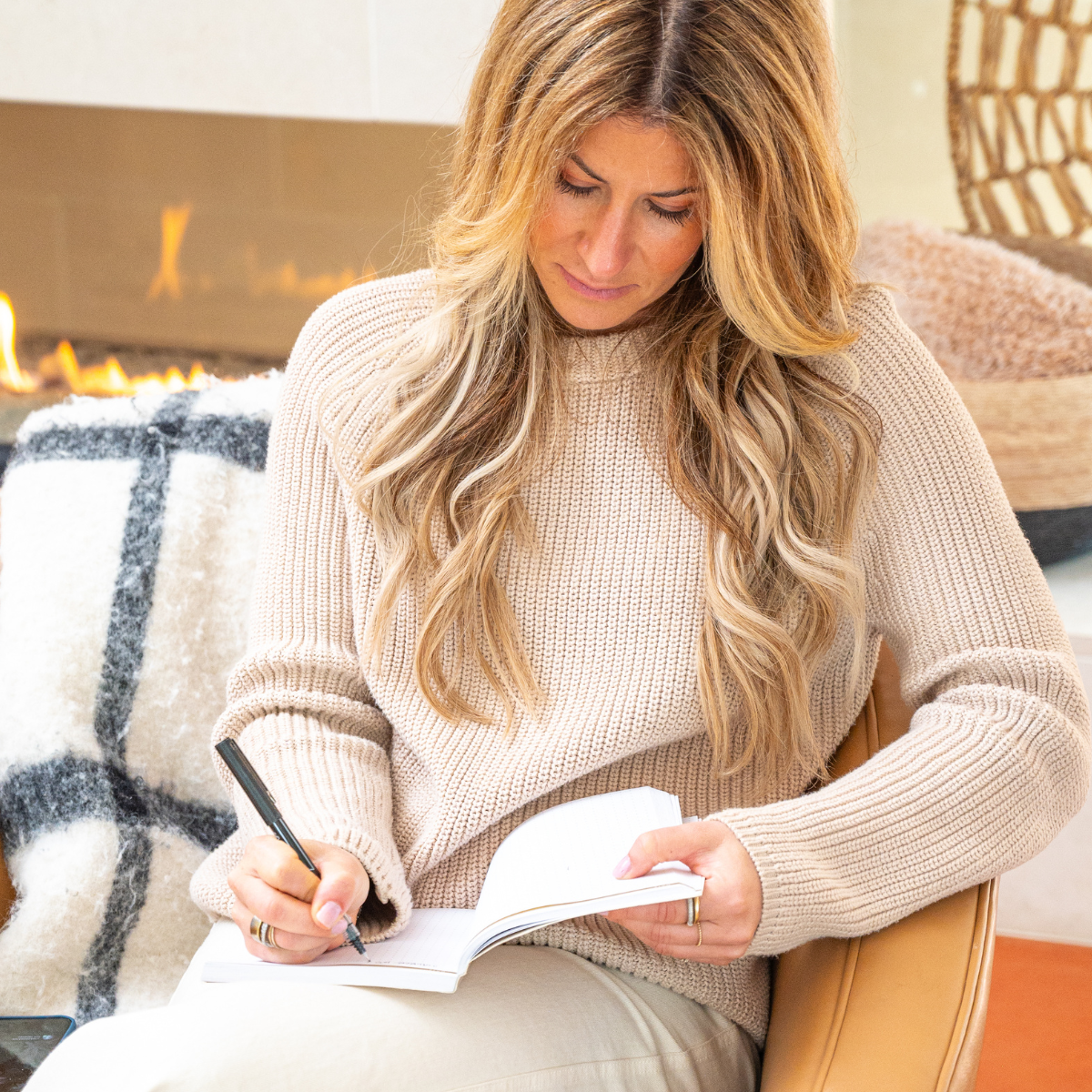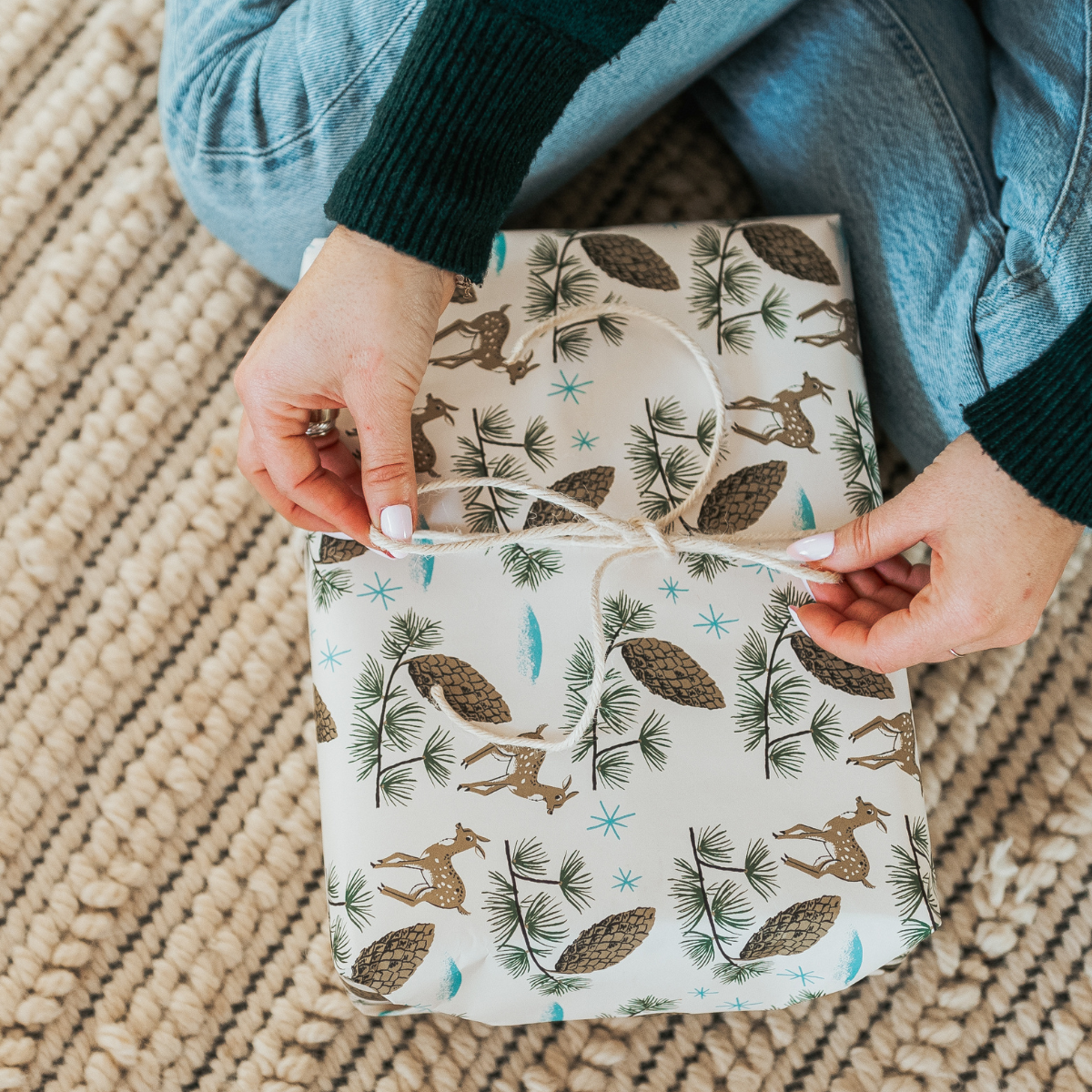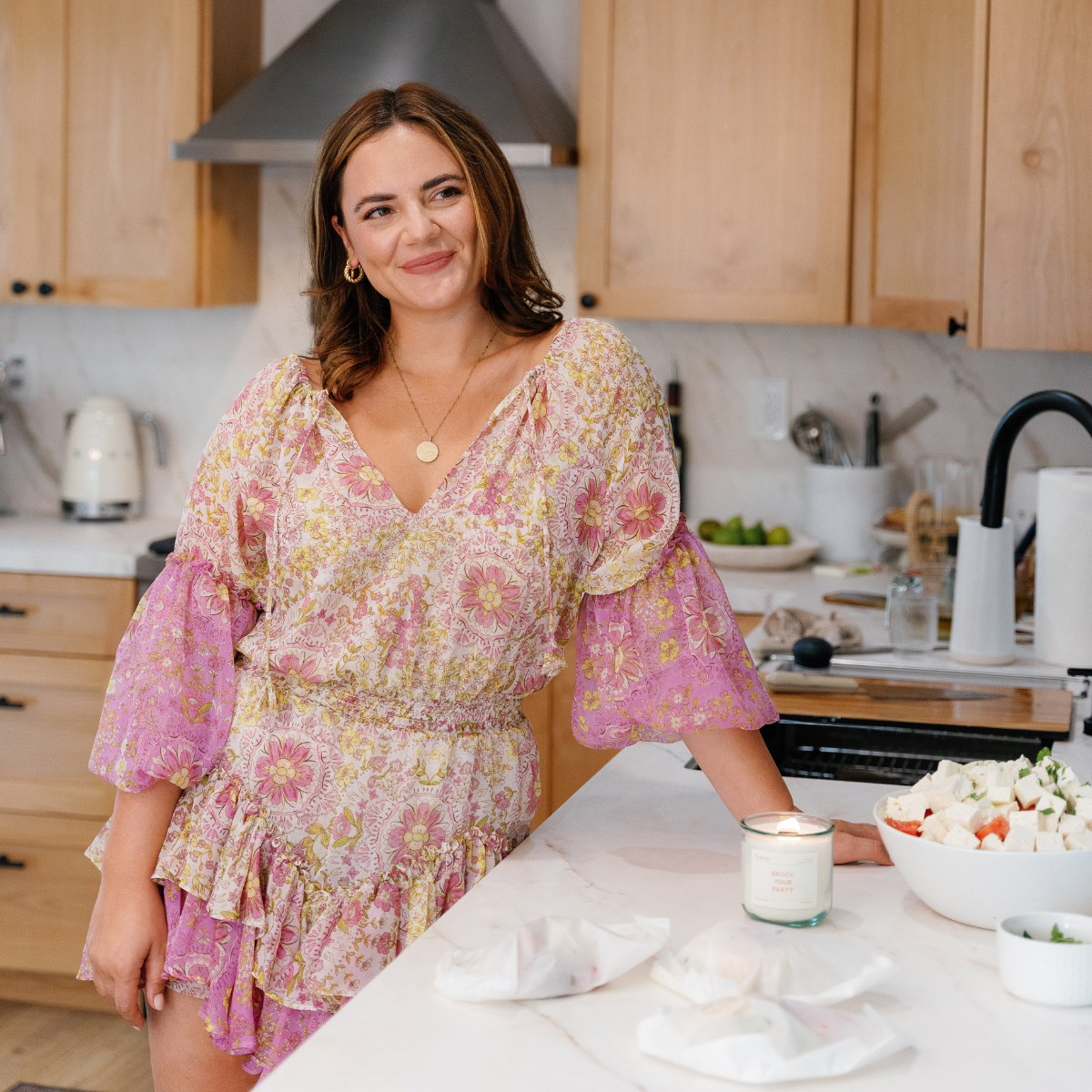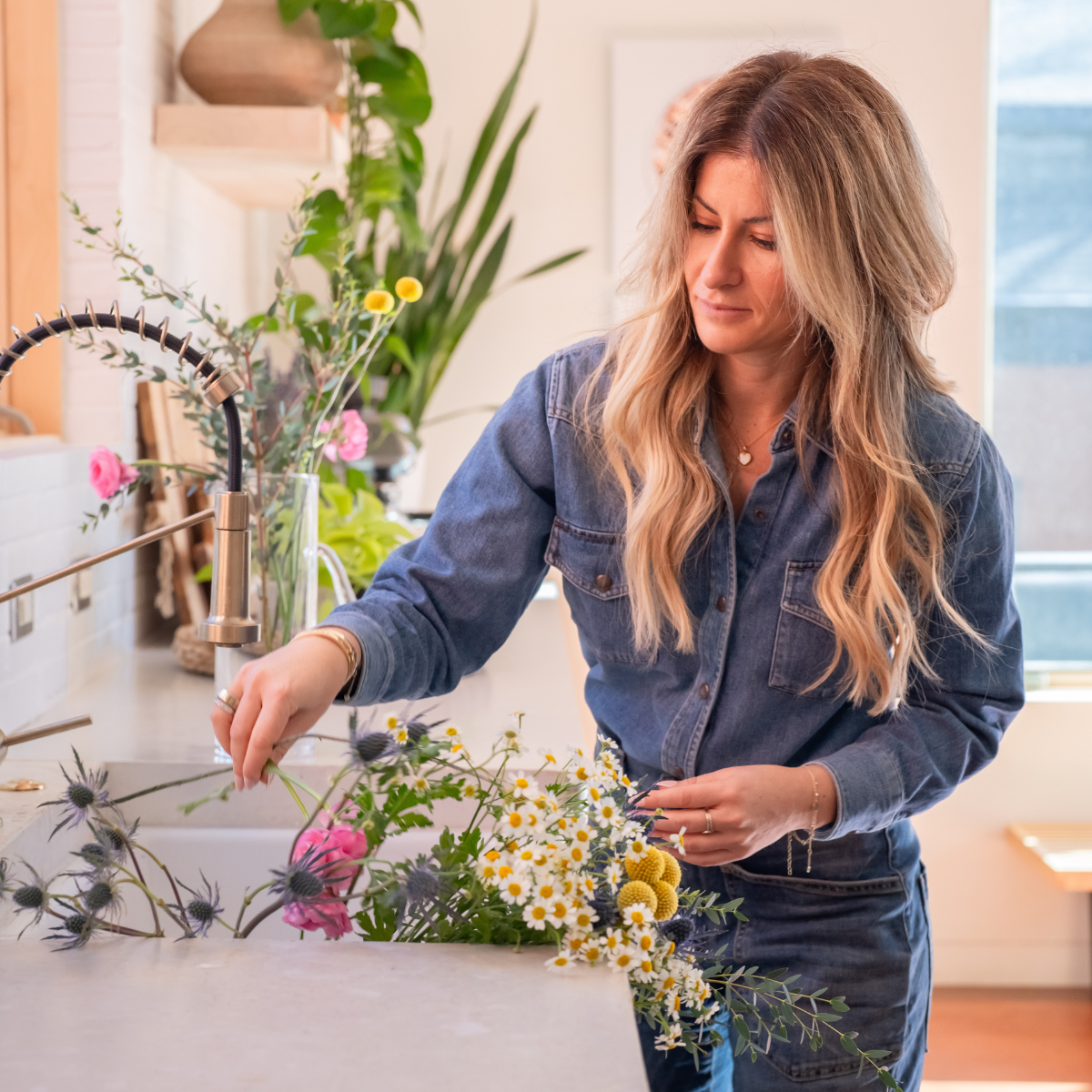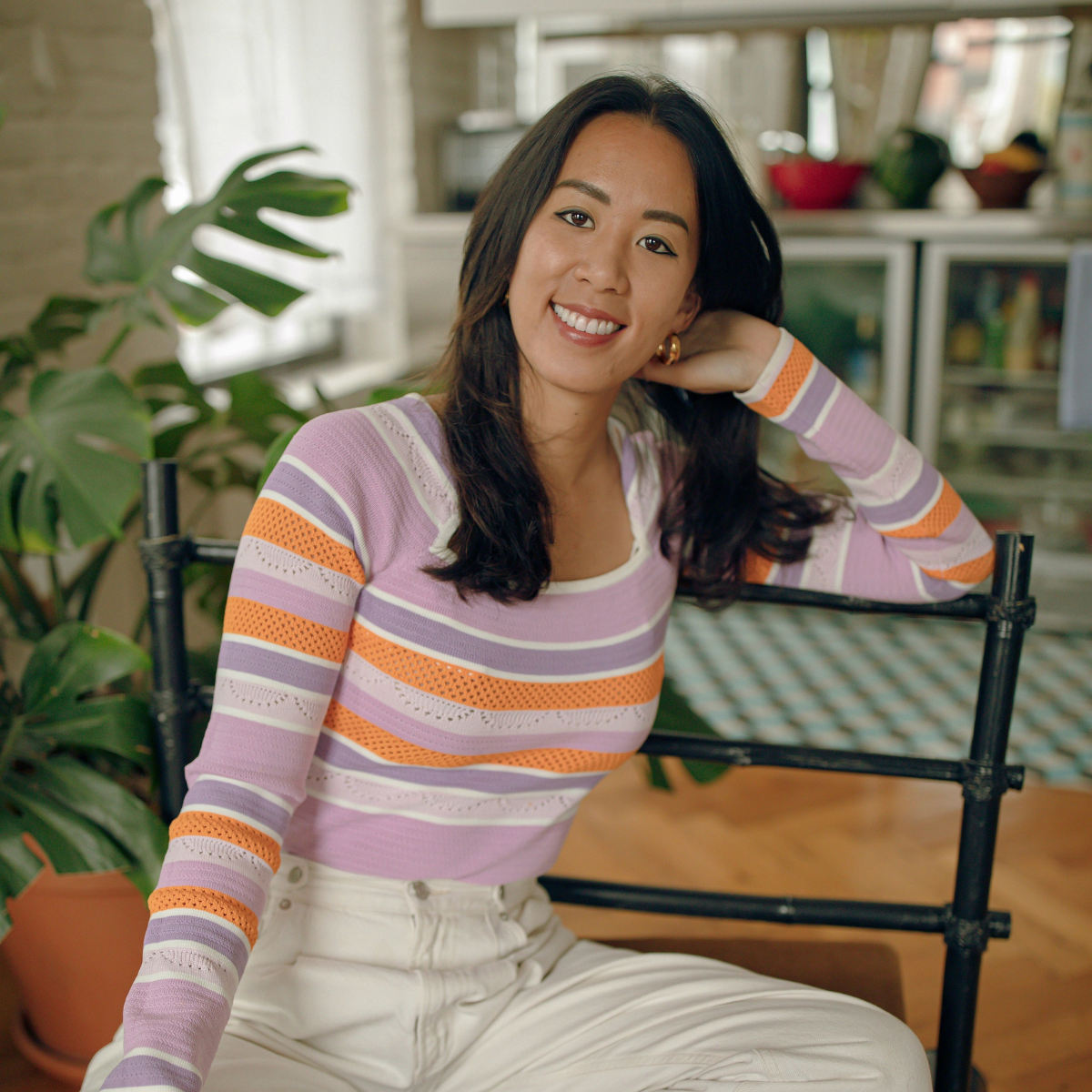Elizabeth is thrilled to welcome back Dr. Uma Naidoo, a true triple threat bridging the realms of food and medicine. As a Harvard-trained psychiatrist, professional chef, and nutrition specialist, Dr. Uma is a pioneering force in the field. Her groundbreaking work includes founding and directing the first hospital-based nutritional psychiatry service in the United States and holding the position of Director of Nutritional and Lifestyle Psychiatry at Mass General Hospital, coupled with a faculty role at Harvard Medical School. Dr. Uma, celebrated as Harvard’s Food Mood expert, is also the best-selling author of "This is Your Brain on Food."
In this episode, Dr. Uma talks about the profound connection between food and mental health, offering an approachable and science-backed method to alleviate anxiety. Ahead of the launch of her latest book, "Calm Your Mind with Food," she shares some of the latest research unraveling the intricate relationship between anxiety, the brain, gut, immune system, and metabolism. Dr. Uma also talks about some easy swaps we can make to feel better using the C.A.L.M approach and a few of her favorite healing foods that she always keeps in her personal kitchen.





